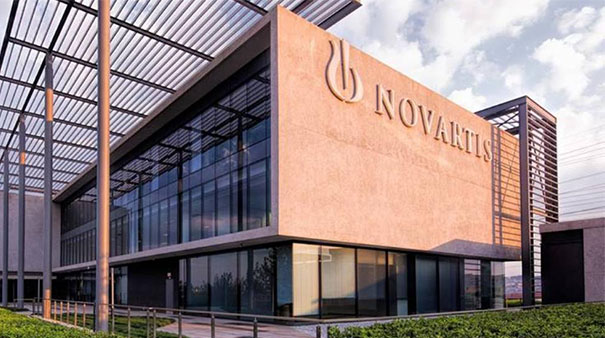Novartis’ big bet on inclisiran nears fruition, as CHMP backs drug

Novartis’ near-$10 billion takeover of The Medicines Company last year was focused mainly on one asset – cholesterol-lowering drug inclisiran – and the Swiss pharma is now a step closer to getting a return on its investment.
Inclisiran – now given the trade name Leqvio – has been recommended for approval by the CHMP as a treatment for hypercholesterolaemia or mixed dyslipidaemia, two common forms of elevated cholesterol linked to increased risk of cardiovascular disease.
If approved, inclisiran would become the first and only gene-silencing drug to reduce low-density lipoprotein cholesterol (LDL-C) in these patients.
The drug inhibits PCSK9 – the same target as Amgen’s Repatha (evolocumab) and Sanofi/Regeneron’s Praluent (alirocumab) – but is dosed only twice a year rather than every month.
Novartis is hoping that with Leqvio it will make a mark where the antibody drugs have largely failed, with sales of Repatha and Praluent still failing to gather much momentum despite being on the market for more than five years, after pushback from payers that wasn’t overcome by substantial price cuts.
The big question for Novartis is whether Leqvio’s more convenient dosing will be enough for it to overtake its antibody-based rivals, given that they seem to be fairly equivalent when it comes to lowering LDL-C.
Novartis’ drug is also playing catch-up with its rivals on data from trials that show the reduction in LDL-C is matched by an improvement in cardiovascular outcomes.
Both Repatha and Praluent have that in hand, but Novartis will have to wait for the results of the ORION-4 study – due in 2024 – before it has a chance of matching the labels of Amgen and Sanofi/Regeneron’s drugs.
That said, Novartis is no stranger to building a slow-starting cardiovascular drug into a blockbuster franchise. It’s a trick it carried out with Entresto (sacubitril/valsartan) – a drug for heart failure – that after a sluggish roll-out is now bringing in sales at a rate of more than $2 billion a year.
That also means the Swiss drugmaker will also be able to push Leqvio through the sales channels that have made Entresto a blockbuster, but it will need to make swift progress if it is to get a reasonable return on the investment in MedCo.
Evercore ISI analyst Umer Raffat has previously said he thinks that will come if Leqvio hits $2 billion in peak annual sales.
Novartis already has some deals in place that could help it reach that target, including an access pact with NHS England aimed at accelerating access to Leqvio after EMA approval. Billed by Novartis as a “world-first”, the deal would see the drug made available to people with atherosclerotic cardiovascular disease.
Earlier this year analysts at Clarivate said they expect Leqvio to reach $1.16 billion in sales by 2024 as a treatment for elevated blood cholesterol among the 80% or so of patients who don’t respond to older statin drugs.
The CHMP sets up a likely EMA approval for Leqvio before the end of the year, and Novartis is also expecting to hear back from the FDA on the drug in the same timeframe.













